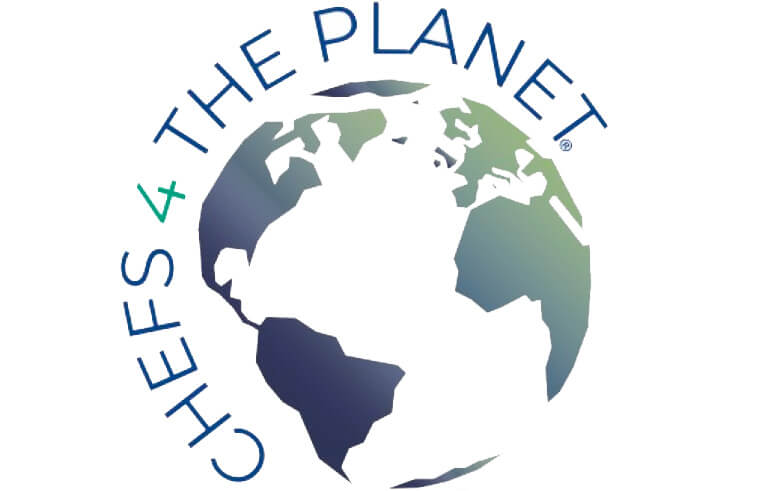Improved climate action on food systems can deliver 20% of global emissions reductions needed by 2050.
Policymakers can improve the chances of achieving climate goals and limiting global warming to 1.5ºC by making more specific commitments to transforming national food systems. Enhancing Nationally Determined Contributions (NDCs) for Food Systems, a new report published today by WWF, the UN Environment Programme (UNEP), EAT and Climate Focus, finds countries are missing significant opportunities to reduce greenhouse gas emissions and identifies 16 ways policymakers could take more action, from farm to fork. Currently, diets and food loss and waste are widely ignored, but by adding them to national climate plans policymakers can improve their mitigation and adaptation contributions from food systems, by as much as 25 percent. Under the 2015 Paris Agreement, countries are expected to revise or resubmit their NDCs every five years. This year, therefore, policymakers have the opportunity to adopt food systems solutions and set more ambitious targets and measures to reduce greenhouse gas emissions and in turn, improve biodiversity, food security and public health.
Food systems – which gather all the elements and activities that relate to the production, processing, distribution, preparation and consumption of food – account for up to 37 percent of all greenhouse gas emissions; continuing on a business-as-usual trajectory will single-handedly exhaust the 1.5ºC compatible emissions budgets for all sectors. Although 89 percent of NDCs mention agriculture production, agriculture emissions reduction targets are mainly included in wider land-use targets. More notably, other actions in the food system, such as reducing food loss and waste, or shifting to more sustainable diets, are widely ignored, despite presenting the combined opportunity to reduce emissions by as much as 12.5 Gt CO2e – the equivalent of taking 2.7 billion cars off the road.
“Ambitious, time-bound and measurable commitments to food systems transformation are needed if we are to achieve a 1.5ºC future. Failing to do so is ignoring one of the main drivers of today’s climate crisis. Without action on how we produce and consume food, we cannot achieve our climate or biodiversity goals, which are the foundation to achieve food security, prevent the emergence of diseases and ultimately deliver the Sustainable Development Goals. That’s why we urge governments to include climate and nature positive food systems approaches in revised and more ambitious NDCs submitted this year,” said Marco Lambertini, Director General WWF-International.
“The pandemic has exposed the fragility of our food supply systems, from complex value chains to impacts on our ecosystems. But it has also demonstrated that businesses and people are ready to build back better. This crisis offers us a chance to radically rethink how we produce and consume food. For example, reorienting consumption by halving food waste and catalyzing a shift towards more plant-rich diets, is also a powerful climate mitigation tool to take advantage of. It is up to us to seize this opportunity and put sustainable food systems at the heart of the green recovery.” said Inger Andersen, UNEP Executive Director.
Read the rest here: https://eatforum.org/learn-and-discover/enhancing-nationally-determined-contributions-ndcs-for-food-systems/


